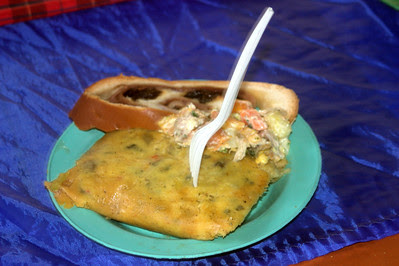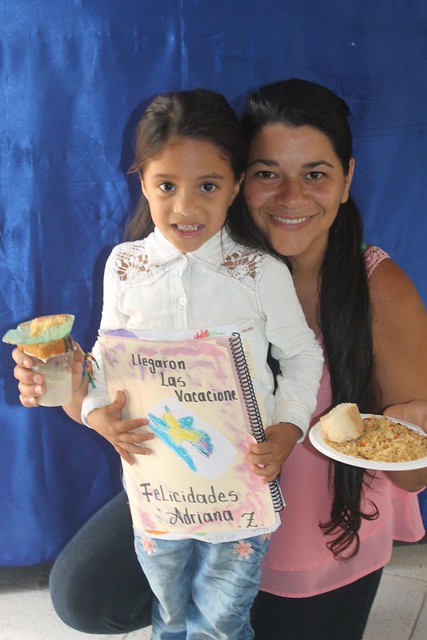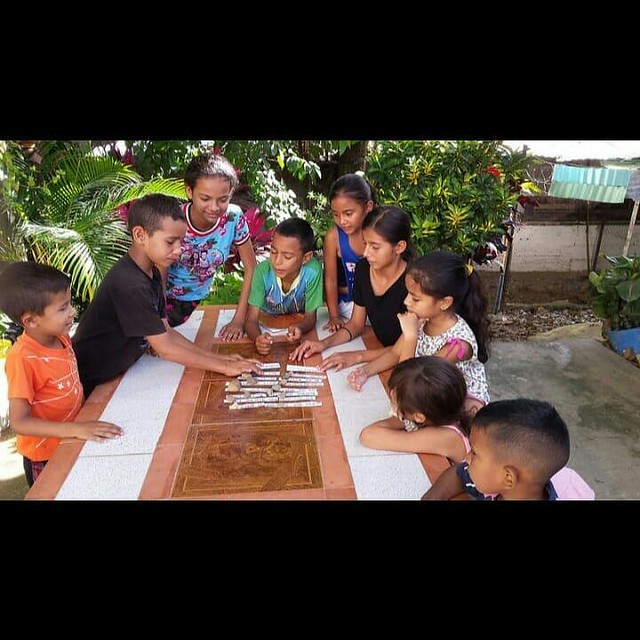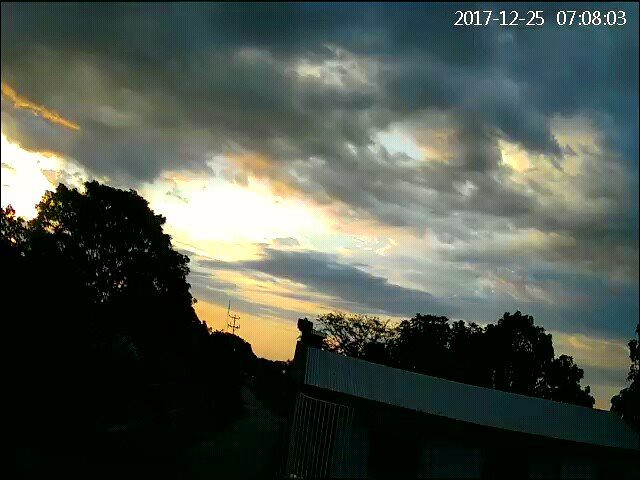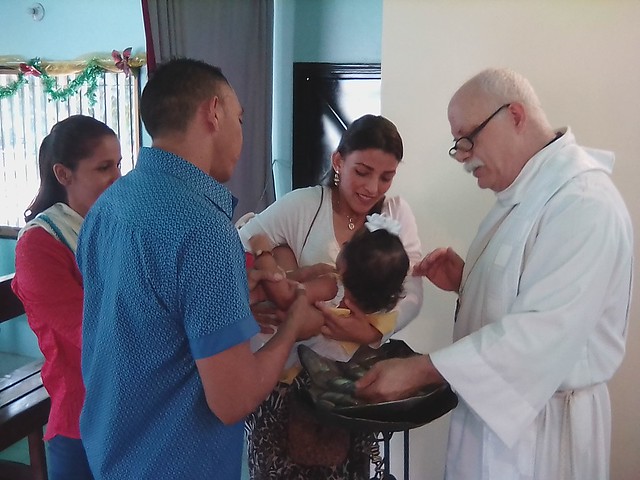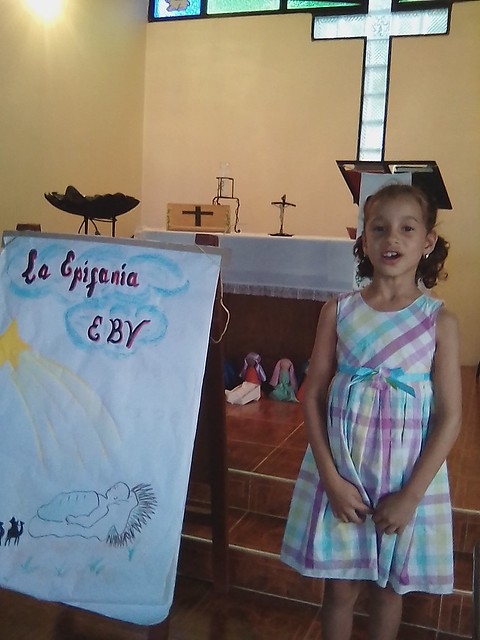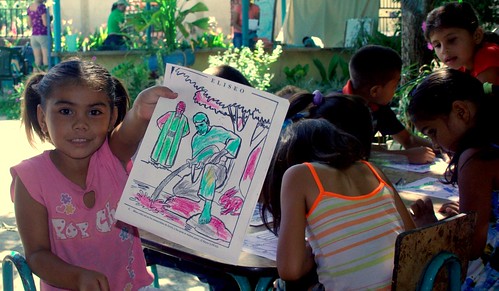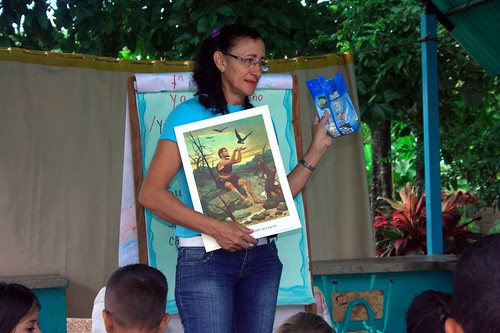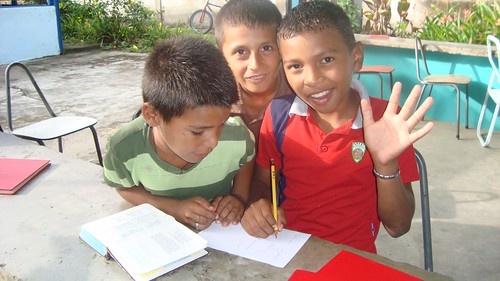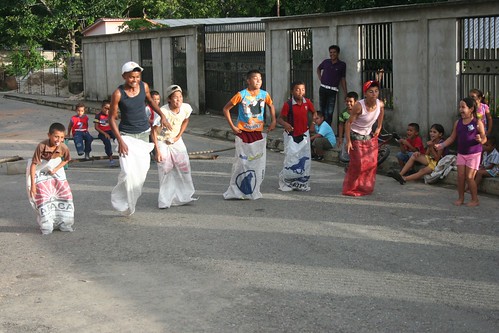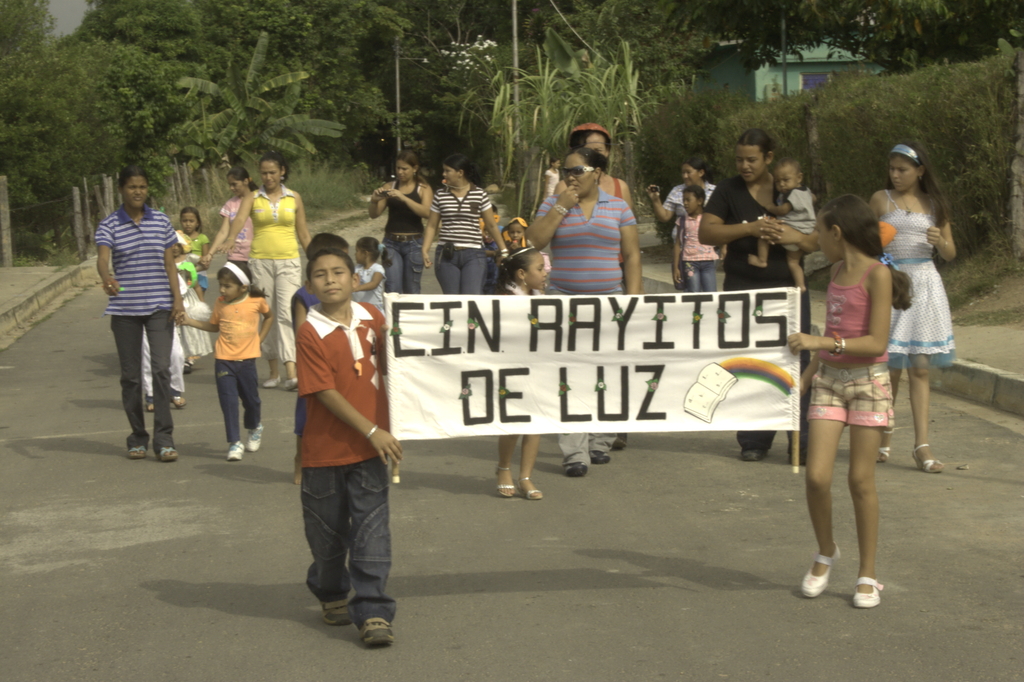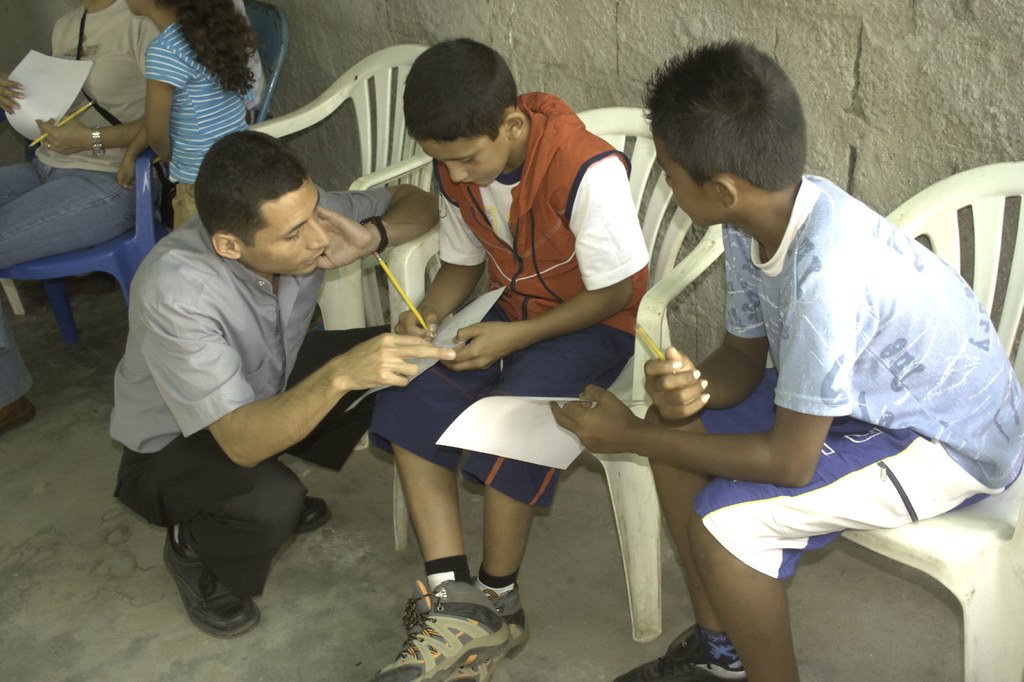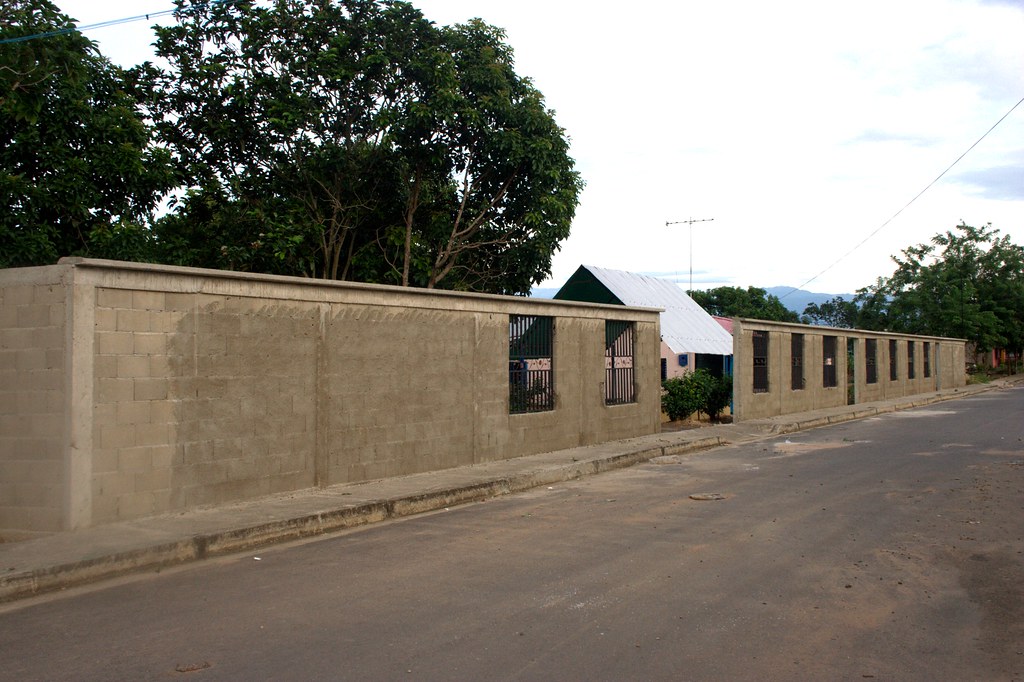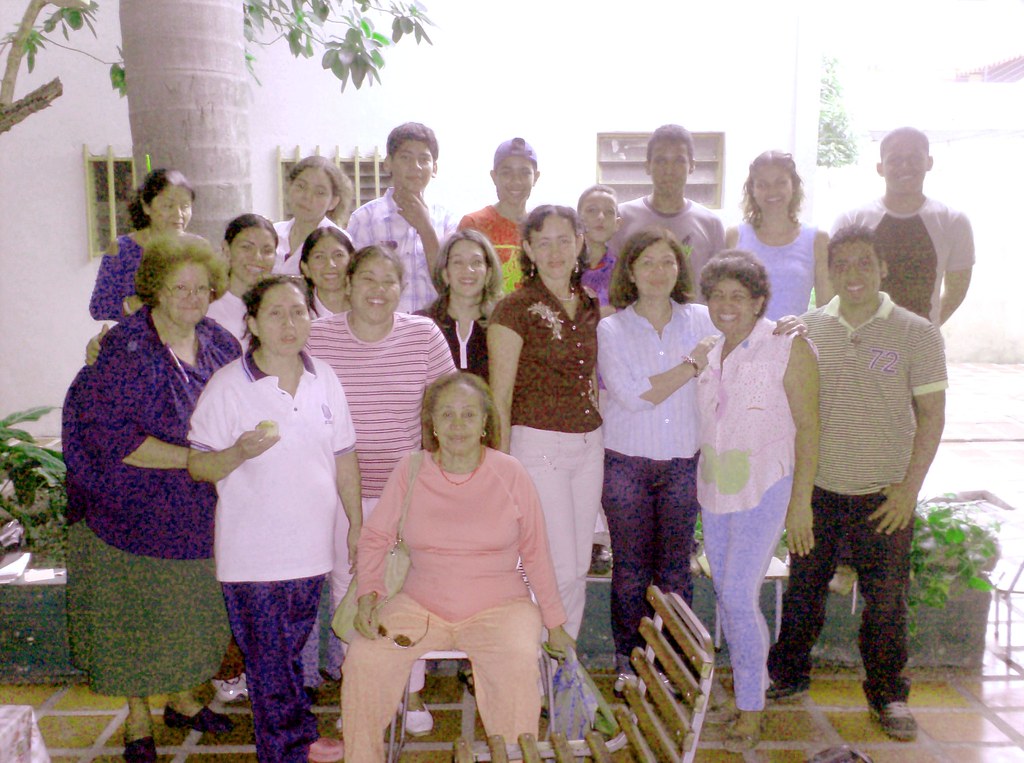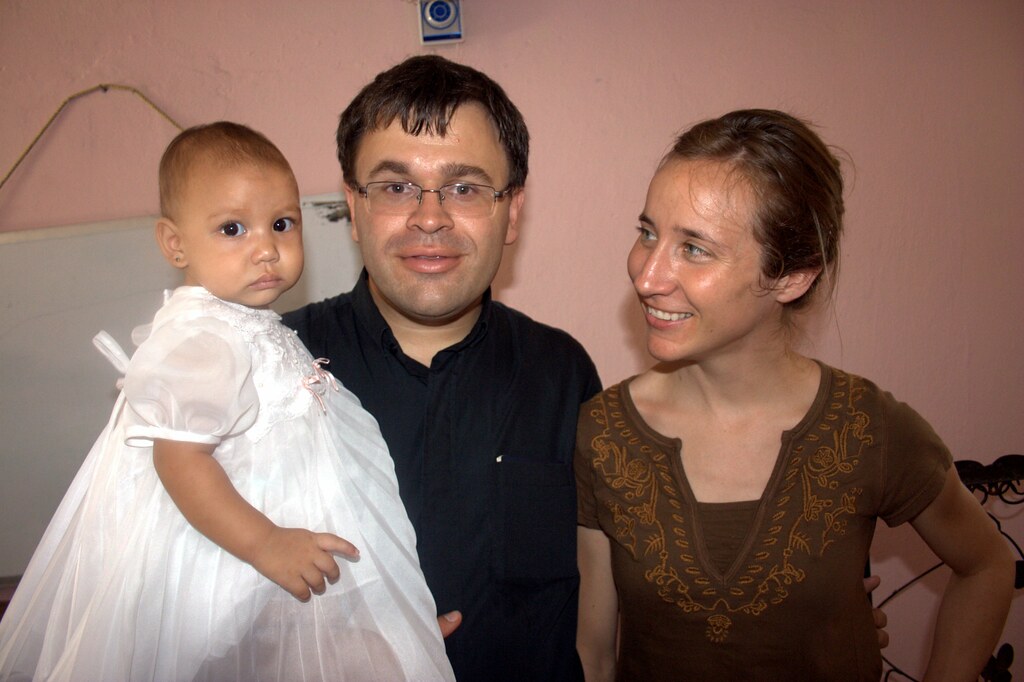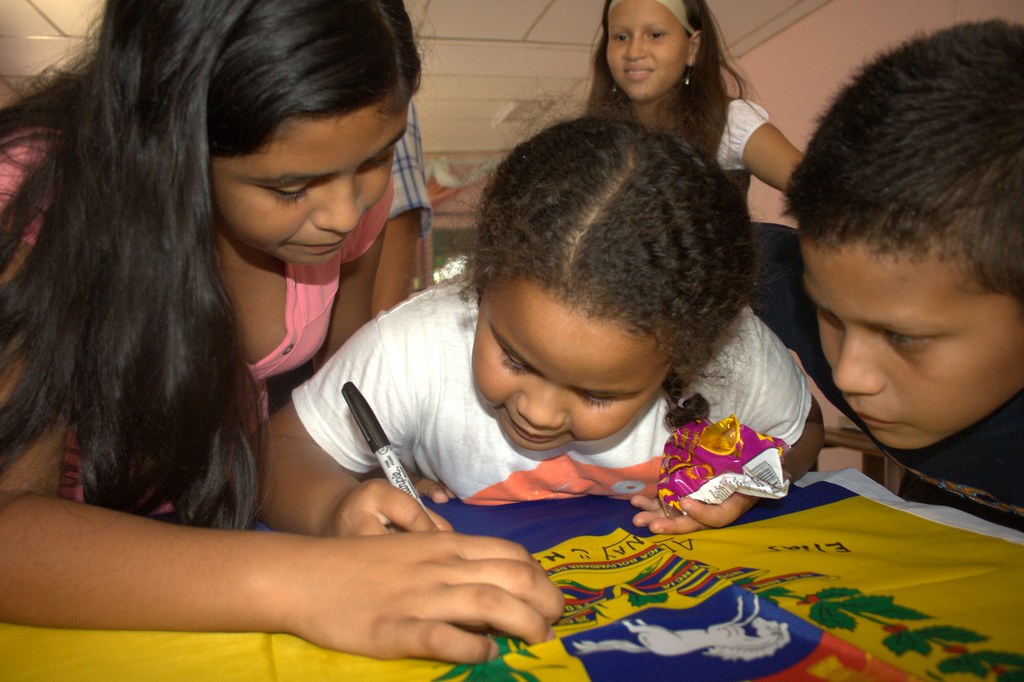 |
| Scented gift candles made from leftover wax from altar candles. |
“For this holy house, and for all who offer here their worship and praise, let us pray to the Lord” (from the long-form Kyrie),
On Sunday, January 5, 2025, we celebrated the Epiphany of our Lord and the eighth anniversary of the consecration of our sanctuary. We began construction of a two-story church and school building a year earlier, thanks to a donation from Venezuela Lutheran Mission Partnership (VLMP).It was kairos, the right time. Four years of hyperinflation would follow, emigration from Venezuela would become a stampede, and that was before COVID-19. We would not have been able to build this holy house at any point afterward.As in past years, members of our sister congregation, Corpus Christi Lutheran Church in Barinas, worshipped with us and later joined us for a meal and cake.
Luz para las naciones
The children who attended our vacation Bible school sang “Brilla, Jesús”, a Spanish version of “Shine, Jesus, shine” in sign language, their project for the week. The simple praise song, written by Graham Kendrick in 1987, is a favorite in Venezuela. It is based on Genesis 1:3; Psalm 139:23; John 1:5; John 8:12; John 8:32; 2 Corinthians 3:18; and Revelation 22:1-2.
This fit with the theme of our vacation Bible school, “Light for the nations”. This phrase appears in the messianic prophecies of Isaiah 42:6 and Isaiah 49.6. The Hebrew word translated as “nations” refers to those outside the covenant people of Israel, and thus could also be translated as “gentiles”. A form of the phrase is used with the corresponding Greek word in Luke 2:32, as part of the Nunc Dimittis or “Song of Simeon”, that we sing after the Eucharist every Sunday: “A light for revelation to the Gentiles, and for glory to your people Israel.” In Acts 13:47, Paul and Barnabas justify preaching the Gospel to gentiles with a more direct citation of Isaiah 49:6. “For so the Lord has commanded us: “I have made you a light for the Gentiles, that you may bring salvation to the ends of the earth.”The first day of vacation Bible school was Thursday, January 2, the day after the Circumcision and Naming of Jesus on the church calendar (because it’s eight days after Christmas). So the activity involved identifying the names (or titles) given to Jesus in the Bible and choosing a favorite. Most chose “King of Kings”, but some chose “Light of the World”, “Messiah”, “Good Shepherd” and “Emmanuel”.On the second day of vacation Bible school, we compared the verses John 8:12 and Matthew 5:14-16. If Jesus said, “I am the Light of the world”, how could He also say, “You are the light of the world”? Because we are sent out into the world to shine the light of Christ into its darkness. The second part of John 8:12 reads, “He who follows me shall not walk in darkness, but have the light of life.” Our Lord also says in Matthew 5:14-16: “Let your light so shine before men that they may see you good works and glorify you Father in heaven.” So we studied the 10 Commandments and what the Small Catechism says about the third use of the law as a guide for living the Christian life.
Keeping the Mass in Christmas
On Sunday, December 29, 2024, we celebrated the Mass of the Nativity in the morning in La Caramuca and in the afternoon at Corpus Christi Lutheran Church in Barinas. This was the eucharistic service. On December 24, we marked Christmas Eve with a vespers service in La Caramuca. At both locations, worship was followed by a traditional Venezuelan Christmas dinner of hallacas, chicken salad and pan de jamón (ham-filled bread).
Creating hallacas involves wrapping a mixture of seasoned beef/pork, capers, raisins, olives, onions, garlic, peppers, and spices in masa, a corn dough. Banana leaves are used to cover the filled parcel before it’s secured with twine or string. To a gringo, the hallaca may look like a tamale, but do not call it that. With the tamale, a dish typically associated with Mexico and Central America, masa dough is filled with meats, cheese and veggies, wrapped up in corn husks and steamed. The corn husks impart a different texture and flavor.Witnesses till the end
On St. John’s Day, December 27, 2024, we met with local coordinators of other LeadaChild projects in Venezuela in a Zoom conference. We thanked everyone for their work over the past year, including Elsy Machado, national director of LeadaChild Venezuela; Nury de Milian, director of LeadaChile Latin America; and Dr. Philip Frusti, executive director of LeadaChild in the United States.
We meditated on the fact that “martyr” means “witness” in Greek. From St. Stephen (Acts 7) to the present day, many Christians have died for faith in Jesus Christ. We give thanks for their testimony, which has been the seed of the church. Even those who die for Christ without giving voice, like the Holy Innocents of Bethlehem (Matthew 2:13-23), show by their death the depth of evil and the truth of God’s Word. We also gave thanks for St. John the Evangelist, the only one among the apostles to die of old age (John 21:21-24). Some face a violent death with the help of the Holy Spirit and by their example bear witness to the truth of God’s Word. But others, like John, are blessed with a long life to teach new Christians. Those of us involved with LeadaChild are committed to seeing children grow in faith and to teaching that faith to their children.



